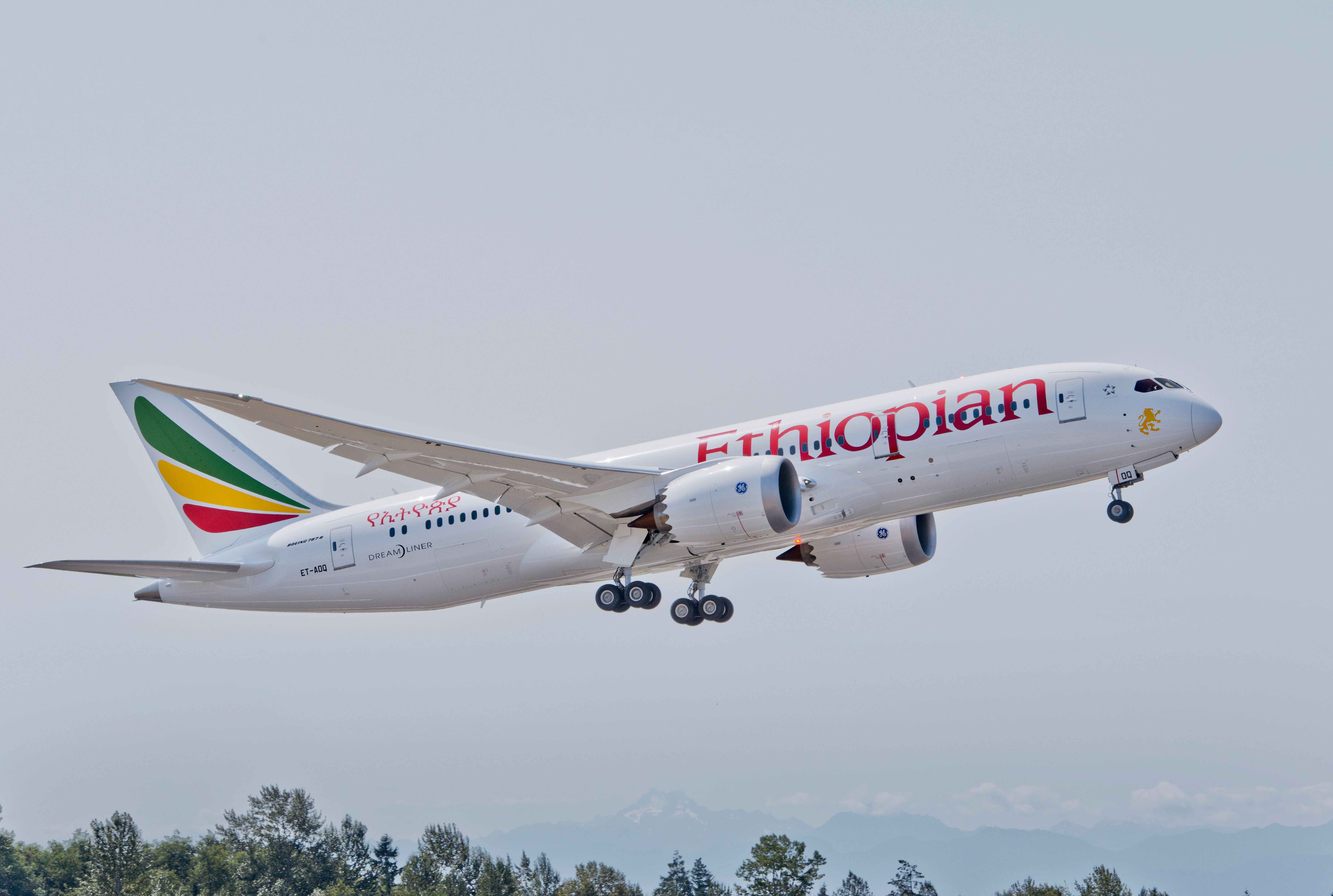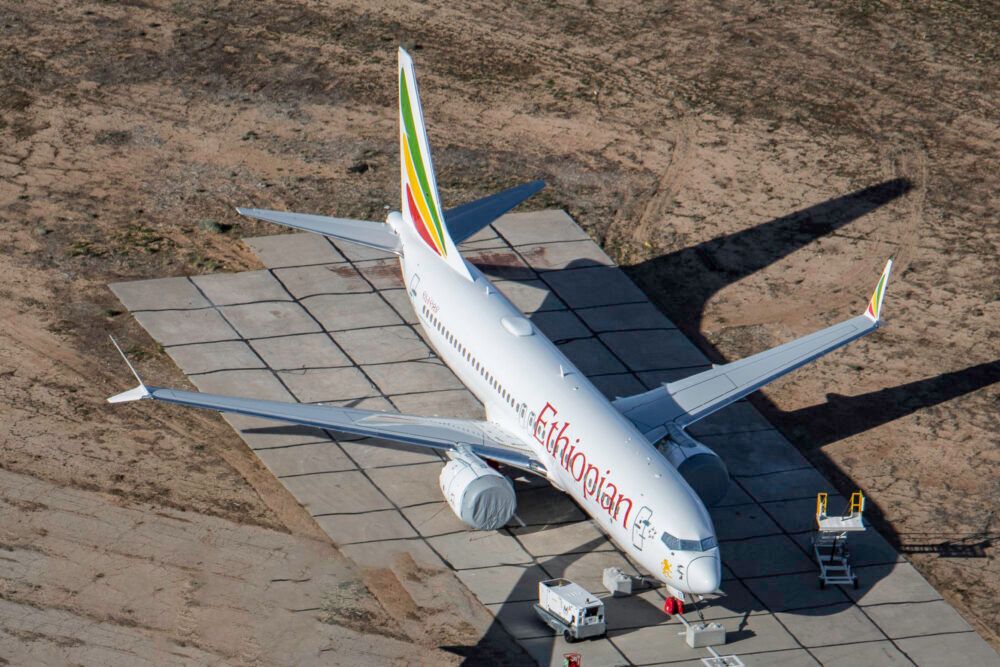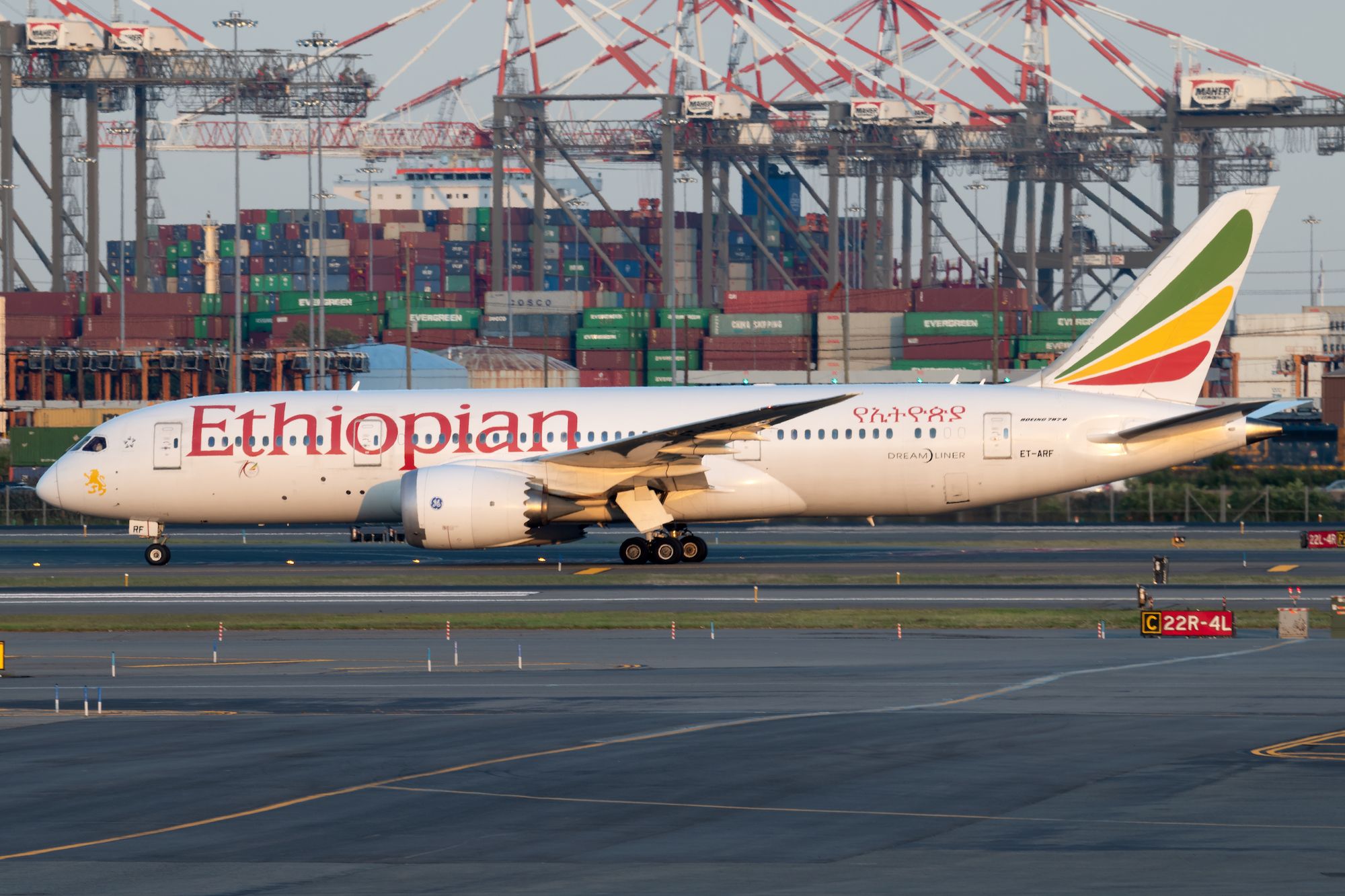Africa's largest carrier Ethiopian Airlines is looking to create commercial partnerships with Indian low-cost carriers such as IndiGo and SpiceJet. Additionally, Ethiopian Airlines is also assessing the prospects of setting up its aircraft maintenance, repair, and overhaul facility in India.
The airline already has a codeshare agreement with India's national carrier Air India and a Special Prorate Agreement with Vistara. Currently, the airline operates non-stop flight services to Bengaluru, Delhi, and Mumbai. In addition, the airline's cargo subsidiary Ethiopian Airlines Cargo operates freighter services to Ahmedabad, Bangalore, Chennai, Mumbai, and New Delhi.
The significance of India
Ethiopian Airlines has had a long-standing relationship with India. It recently completed 50 impressive years of flight operations in Mumbai - with the first flight being back in December 1971. Flight operations from Addis Ababa to Delhi will soon hit the 60-year milestone, as Ethiopian Airlines first started the route back in 1966. The airline added Bengaluru to its route network in late 2019.
When India announced the lifting of restrictions for international flights, the African carrier immediately announced the resumption of thrice-weekly passenger flights to Bengaluru. The other two Indian destinations were also quickly resumed, signifying the vital importance India holds for the airline, as highlighted by Ethiopian Airlines' Regional director for India Subcontinent, Tigist Eshetu:
"India is one of our strategic markets in Asia, and we have been providing critical air connectivity between India and Africa for decades. It is one of the critical destinations for the passenger and cargo services for Ethiopian Airlines."
To further signify what India brings for Ethiopian Airlines, approximately 39% of the passenger traffic on the Mumbai route comes from labor travel, followed by business and corporate, which account for about 30%. The percentage is higher on the Delhi route, where 55% accounts for business and leisure passengers.
As many as 90% of the passengers traveling from India are transit passengers going further to the airlines' online African points, mainly to Kenya, South Africa, Nigeria, Zambia, Uganda, Tanzania, Ghana, Zimbabwe, and Botswana, amongst others. Thus, Ethiopian Airlines wishes to tie up with two of the most prominent low-cost carriers in India to increase passenger capacity and route connectivity, as confirmed by Eshetu:
"India has always been its strategic market since 1966, it is our desire to continue to serve India with enhanced capacities. However, COVID-induced restrictions have hampered the moderate amount of frequency the airline used to operate. We are now operating much lower but are optimistic that services will restore to pre COVID levels."
Expanding routes
Besides looking to commercial partnerships for an extended reach into India, Ethiopian Airlines also plans to expand its route network in the country. Starting with flight services to Chennai on July 2nd, the new thrice-weekly flight service will be utilizing either the airline's Boeing 737 MAX or the Boeing 787 Dreamliner, depending on initial market demand.
Flight services to Ahmedabad and Hyderabad will also be on the airline's radar going forward, a sure sign of a massive expansion plan in the works despite the residual effects of the pandemic, as mentioned by Esethu:
"There is interest from the Ethiopian side for enhancement in frequency and entry points. We believe the Indian side will also be on the same page as the boost in demand is from both sides."
As for having an MRO facility in India, it would make sense for the airline to consider such as option, especially since it is looking to partner with a couple of domestic low-cost carriers. Currently, Ethiopian MRO provides Engineering support to Ethiopian Flight and Third-party customers on the aircraft maintenance programs, task card engineering, aircraft system engineering, aircraft maintenance planning and record controls, and tool engineering.



